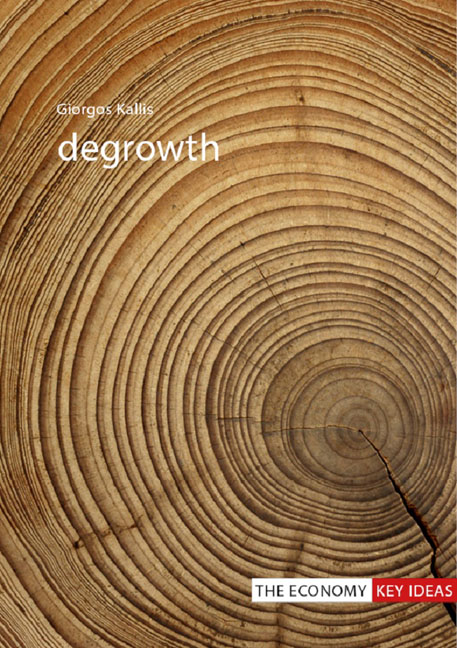Preface
Published online by Cambridge University Press: 09 August 2023
Summary
Planet earth is our lifeboat. And yet earth is becoming a planet of the shipwrecked. Those with power loot the earth and seas, leaving the looted to drown without lifeboats. Islands of preposterous wealth are created in the midst of rising seas of destitution, golf courses in a planet of slums. Extreme poverty and inequality, climate and ecosystem disasters, the erosion of politics and democracy – we are heading towards a bleak future. As French political scientist Paul Ariès puts it: “degrowth or barbarianism”? Either we find a way to stop those who are plundering earth and share the limited planet that we have, or we will enter a new Dark Age of humanity.
Okay, let us take a breath and take it easy. Even in the Dark Ages, the sun still shone. Life is always beautiful. Nature is bountiful if we care for it. Beauty costs nothing – a sunset, a night looking at the stars, a joke, a hug, a kiss, a poem or a few words of love. All it takes for a good life is sharing and enjoying the excess of what we produce.
In the parts of the world that I am writing from, we already produce enough – actually much more than enough. And yet we are stuck in a oneway future in which all we can think of is producing even more. There will never be enough until we share what there is. Sharing and enjoying a limited planet is what degrowth is all about. “Degrowth” marks a ruthless critique of the dogma of more – the dogma of economic growth. This book provides the skeleton for a theory of degrowth and then puts flesh on its bones, presenting the main claims, hypotheses, proposals and dreams of those of us who write about degrowth.
Research on degrowth explains how our societies became stuck on growth and suggests how we can become unstuck. I approach these questions through two interdisciplinary fields: ecological economics and political ecology. Ecological economics is an ecological critique of economics, applying the energetics of life to the study of the economy.
- Type
- Chapter
- Information
- Degrowth , pp. vii - xPublisher: Agenda PublishingPrint publication year: 2018



